Elisabeth Lutyens: Organ Music
The organ music of Elisabeth Lutyens (1906–83) presents a meeting of contrasts: it can at the same time be both angular and lyrical, and it spans an enormous dynamic range, from intimate delicacy to sheer, raw, hieratic power. Her reputation as one of Britain’s leading serial composers is belied, too, by the direct appeal, the range of colour and the narrative instinct of many of the pieces recorded here, most of them for the first time.
Philippa Boyle, soprano (Tracks 1, 6)
Dewi Rees, organ (Track 5)
Tom Winpenny, organ of St Albans Cathedral
Listen To This Recording:
- Epithalamion, Op. 67, No. 3
- No. 1 Conte
- No. 2 Berceuse
- No. 3 Rondes
- Plenum IV, Op. 100 (1975)*
- Nativity (1951)*
- Sinfonia, Op. 32 (1955)
- I Prelude
- II Palindrome
- III Pastorale
- IV Chorale
- A Sleep of Prisoners (1966)
- Chorale Prelude (undated)
- Temenos, Op. 72 (1969)
Epithalamion, Op. 67, No. 3 (1968)
Trois Pièces Brèves (1969)
Suite, Op. 17 (1948)
FIRST RECORDINGS
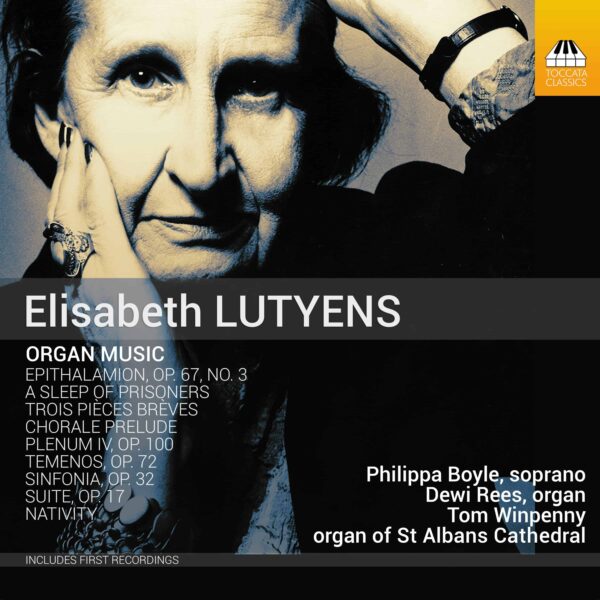
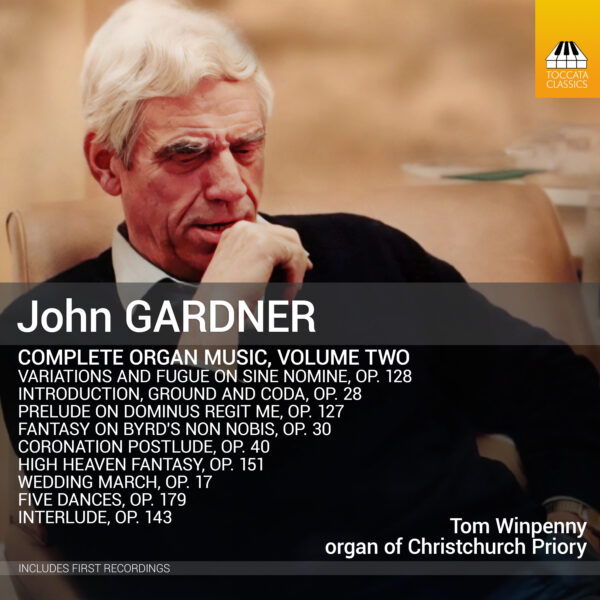
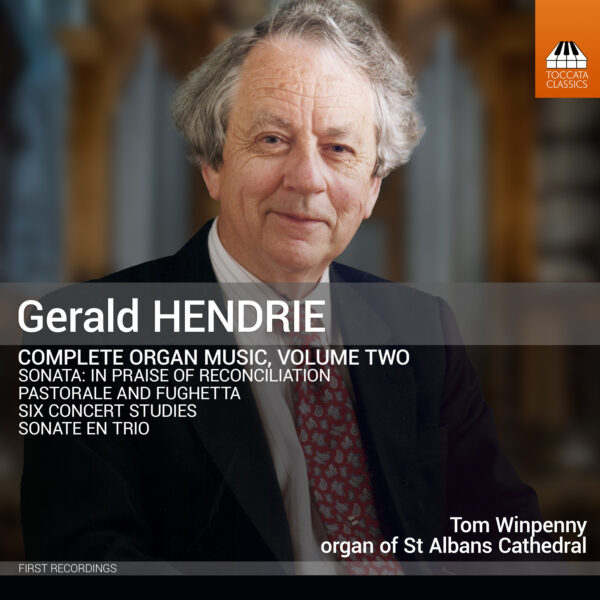
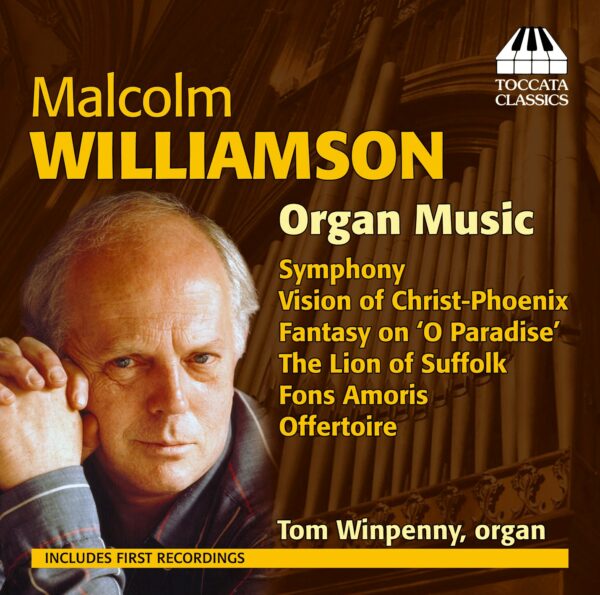
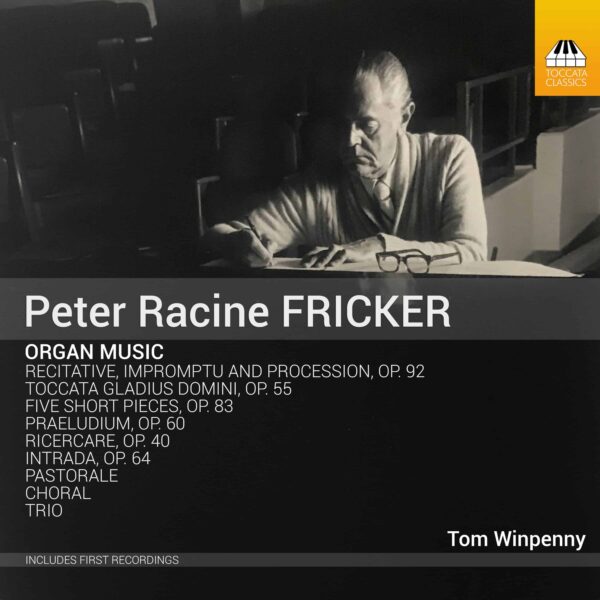
MusicWeb International :
‘The best pieces in this collection have a grandeur and an otherworldly sense of mystery that I found hypnotic. Few composers have made as musical an argument for serial techniques as Lutyens.
Winpenny is clearly a passionate advocate and, in his hands, seemingly esoteric matters such as registration become crucial in illuminating the many colours in Lutyens’ scores. That they are demanding works doesn’t for a second mean they are drab. In my review of Martin Jones’ recording of the piano music I mentioned that he played those pieces as though they were Debussy and Winpenny seems on a similar mission to show us the emotional and sensual range in them. […]
I don’t propose to itemise every work included in this pioneering release – even the early more traditional Chorale Prelude displays immense craft. I should think this ought to be compulsory listening for organists and I hope it represents another significant step in the restoration of the reputation of one of the finest English composers of the second half of the twentieth century. Bravo to all involved!’
—David McDade, MusicWeb International
Cathedral Music :
‘Epithalamion (1968), a setting of words by Edmund Spencer for organ and soprano, shows her at most lyrical. This was followed by the mysterious Trois Pièces Brèves (1969), the French title clearly hinting at the influence of Messiaen, whose Méditations sur le Mystère de la Sainte Trinité appeared in the same year. The same may be said Plenum for organ duet (1975) in which extreme tonal potentiality is explored through dense chords and relatively static progressions. Nativity (1951), a carol for soprano and organ, articulates a dark and fearful atmosphere far removed from the usual bucolic joy of the manger scene. Sinfonia (1955) (another Glock commission) is a compressed essay in serial form. Epigrammatic sketched also feature in the Suite (1948), a Webernian set of short pastiches. Two substantial works from the 1960s include the incidental music to a Christopher Fry play, A Sleep of Prisoners, which contains music of vivid intensity and contrasting moods. Temenos (1969), dedicated to her old mentor Harold Darke after he had retired from playing in public, has lain unperformed until now. Tom Winpenny believes it is her most significant organ work, citing its orchestral colour and richness of texture.’
—Bret Johnson, Cathedral Music
MusicWeb International :
‘Congratulations for Toccata Classics and Tim Winpenny for bringing this music out into the open. Documentation is excellent as always, with the complete Harrison and Harrison specification listed. Perhaps I might be bold enough to ask if Toccata could consider Lutyens’s String Quartets next; there are at least twelve to discover.’
—Gary Higginson, MusicWeb International
BBC Music Magazine :
‘Her striking output is perhaps too knotty to have won a wide following in the decades since her death in 1983, but the rewards of Lutyens’s music are demonstrated again by this fascinating disc of her organ works, mostly previously unrecorded. Tom Winpenny is a compelling advocate for this music, both in these performances at St Albans Cathedral and in his detailed notes. […]
John Allison, BBC Music Magazine